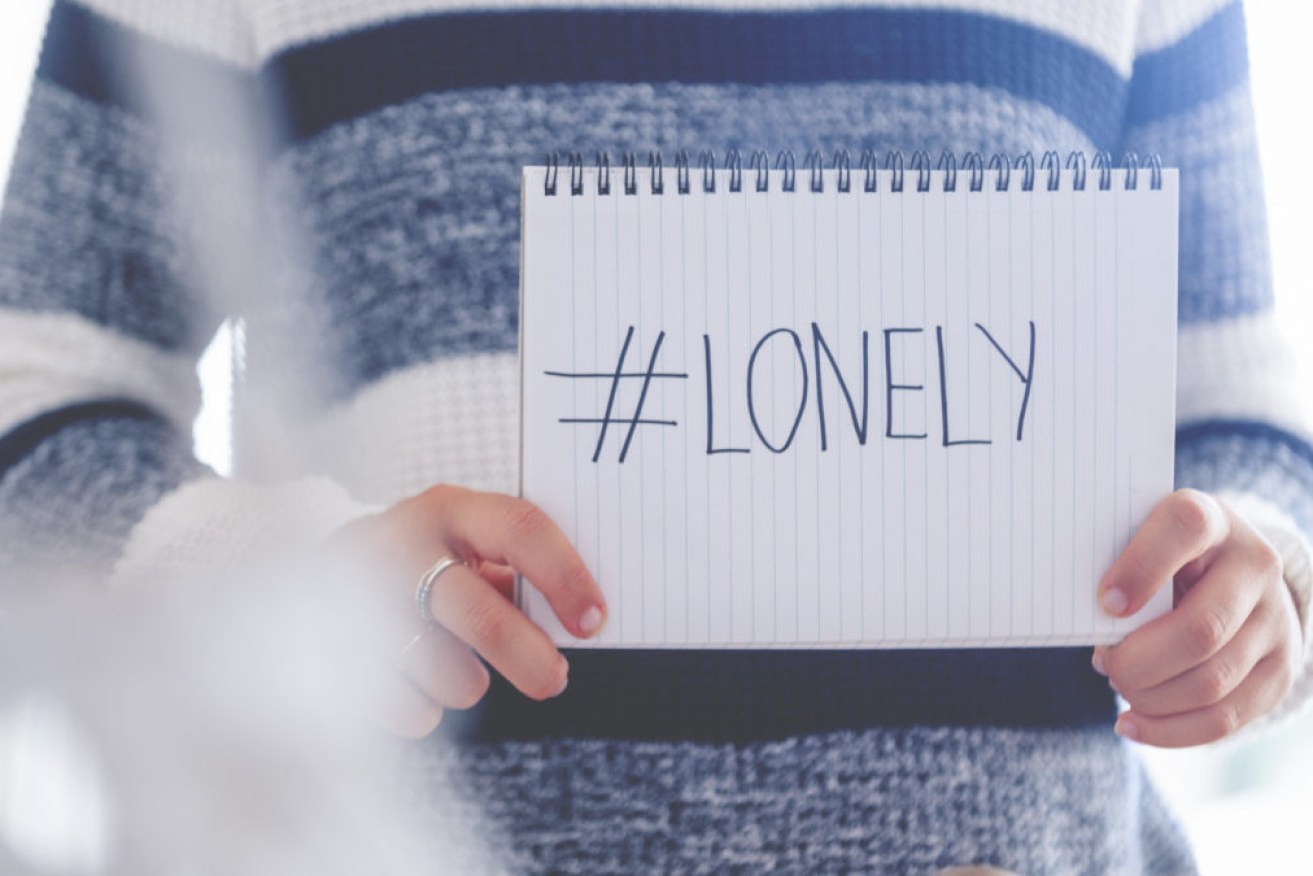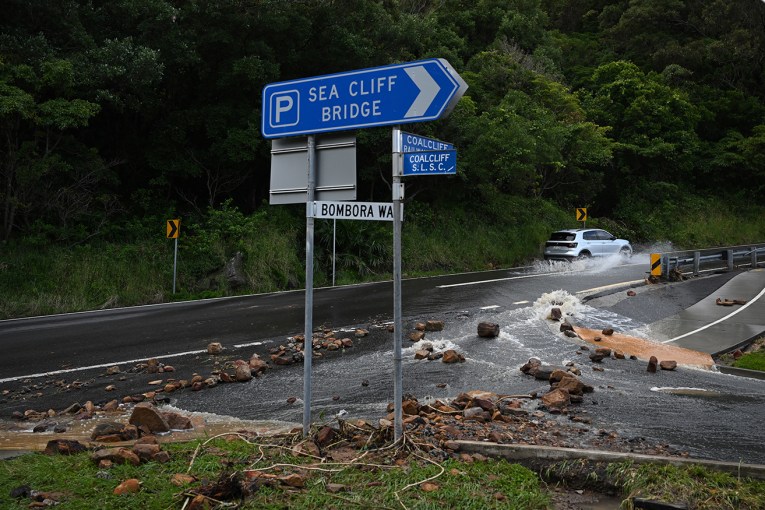We’re facing another public health pandemic: Loneliness


COVID-19 created extra stress on Australians' mental health. Photo: Getty
There are 2.3 million Australians who are at risk of experiencing yet another public health pandemic: Loneliness.
As COVID-19 rages on, social health experts say we need to pay close attention to ourselves and each other, to make sure the grip of loneliness doesn’t get too tight.
That’s especially relevant for Victorians facing the harshest lockdown yet.
The feeling has been shown to be a precursor to the development of mental health issues such as anxiety and depression.
The warning comes as new research has revealed that the drivers of loneliness change depending on what age group you’re in – and that changes over time.
A team of researchers at Maastricht University and in the Public Health Service South Limburg in the Netherlands interviewed 26,000 people between the ages of 19 and 65.
They found loneliness was more chronic in older people – half of adults aged 50 to 65 reported extreme loneliness.
Two out of three young adults (19 to 34) and middle-aged adults (35 to 49) marked the same feelings.
In Australia, those most at risk are the 2.3 million people who live alone.
The science of being alone
It’s more than just physical isolation that can make us feel alone, the research authors say.
If we feel out of step with our peers, we get that isolated feeling, they wrote.
Younger people were more likely to say a lack of contact with friends and low educational achievement were factors, while employment status was a factor for middle-aged adults.
For older adults, health problems came into play.
Everyone except the younger adults cited lack of family contact as a factor in their loneliness.
Current interventions may be ineffective because they fail to take people’s ages into account, the authors conclude.
Tweet from @SasshaPetrova
Corresponding author Thanée Franssen said under lockdown, adults will experience loneliness differently and need different approaches to handling it.
“Our results also suggest that during the current COVID-19 pandemic, feelings of loneliness among adults may be impacted in different ways according to the important factors of their life phase,” Dr Franssen said.
“For example, young adults are not able to interact with their friends or classmates face to face any more. This may need to be taken into account when considering the impact on loneliness of the current pandemic.”
The research comes as loneliness advocates warn that Victorians experiencing lockdown 2.0 are at greater risk.
“Basically we think the more restrictions and the longer social restrictions the more problematic it is, definitely for loneliness,” said Dr Michelle Lim director of the Social Health and Wellbeing Laboratory at Swinburne University, and scientific chair of Ending Loneliness Together.
“We know loneliness is antecedent to more problematic mental health issues. You might not meet the criteria for depression and anxiety now, but if you’re lonely it’ll predispose you to mental health issues down the line.”
Half of us feeling the pinch
Dr Lim is halfway through a huge study on loneliness and COVID-19.
She said what they knew so far, was that one in two Australians reported feeling lonelier since the pandemic.
Tweet from @PijorPijor
And unsurprisingly, if you live by yourself, you’re more susceptible to it.
But living with non-family members such as housemates also predisposed you to feeling lonely.
Tackling it early on is key, she said.
“I notice that with lockdown 1.0, we were panicking. Now in lockdown 2.0 there’s a lot less confusion, but more of a persistent low, more pessimism. It’s like mental fatigue,” she said.
“We need to call on our primal functions as human beings to find those missing connections.”
Dr Lim suggested searching through your community for resources – be flexible and creative.
“It’s about looking through your community for resources. Going OK, I can talk to my neighbour across the fence, I can reach out to colleagues, even if they’re furloughed,” she said.
“We can look at the people we already know, our acquaintances and make those relationships into more meaningful friendships.”
We can ward off loneliness, she said, through reminding ourselves that it won’t go on forever, to finding ways to invest in meaningful interactions with friends that adhere to social distancing.
“We need to develop friendships where there is give and take. Supporting someone else helps us feel good and boosts our own self-esteem,” Dr Lim said.
“It’s about investment into social relationships, little bits of effort across a period of time.
“If you think about the people you’re friends with, you would have had many short social interactions over time. These friendships are not often built on one social interaction.”








